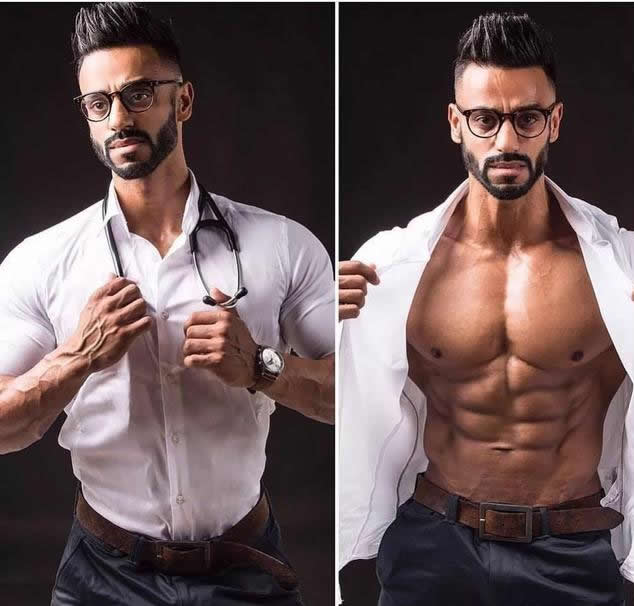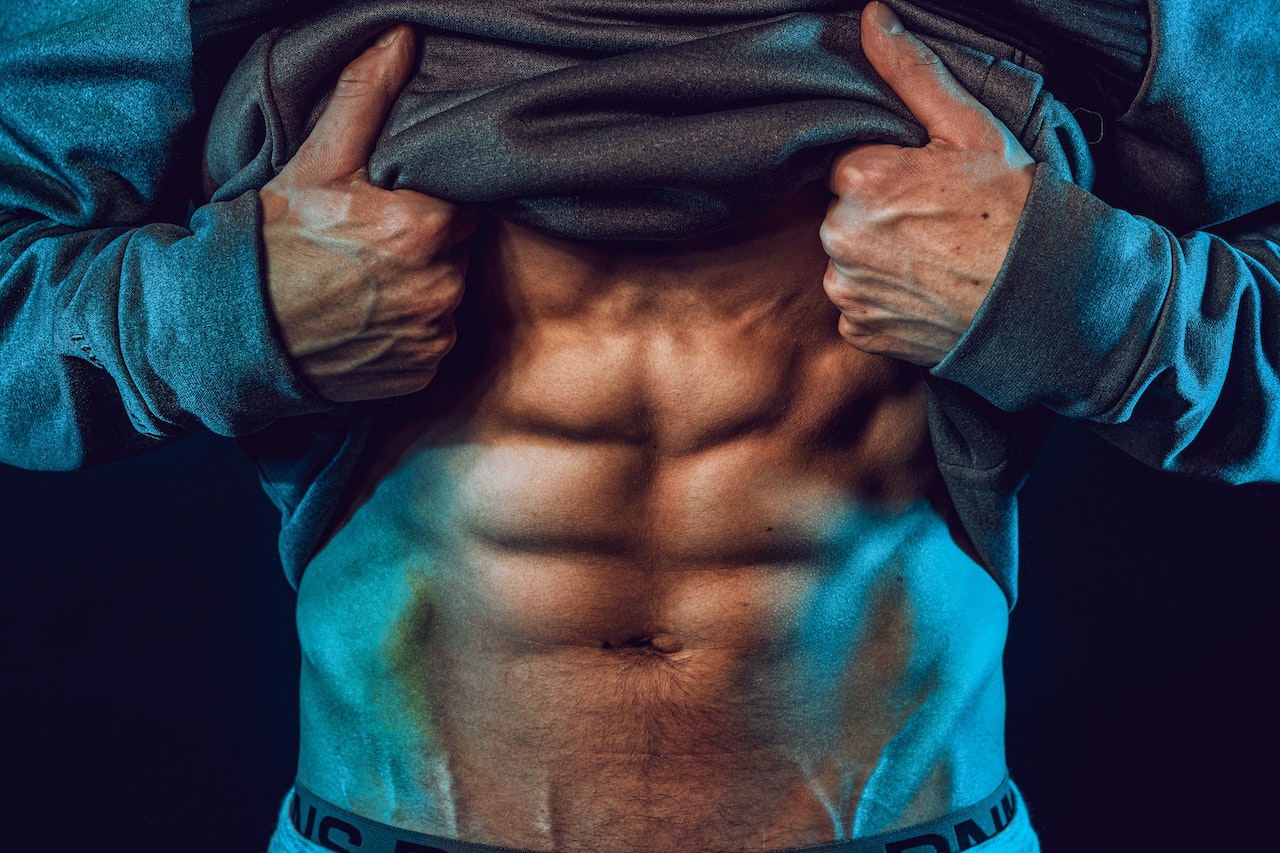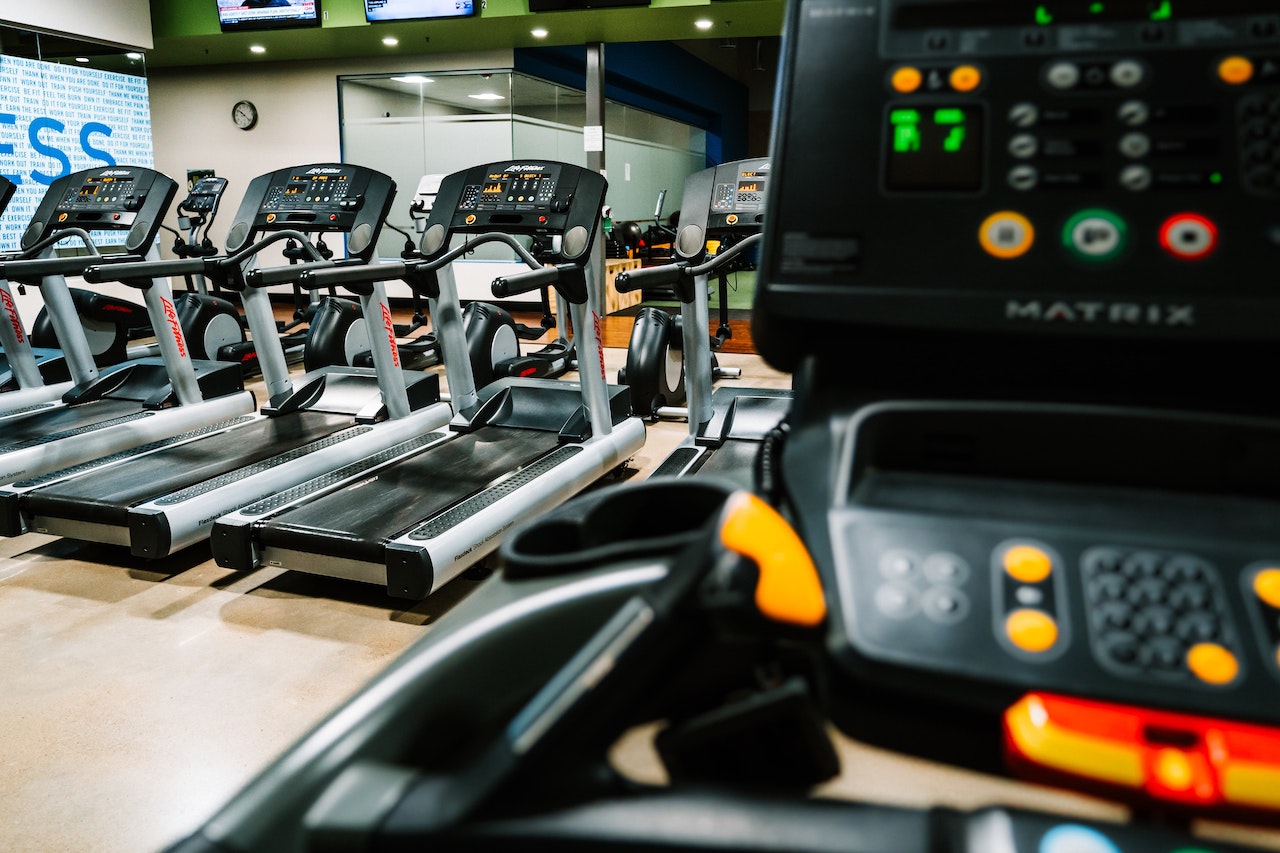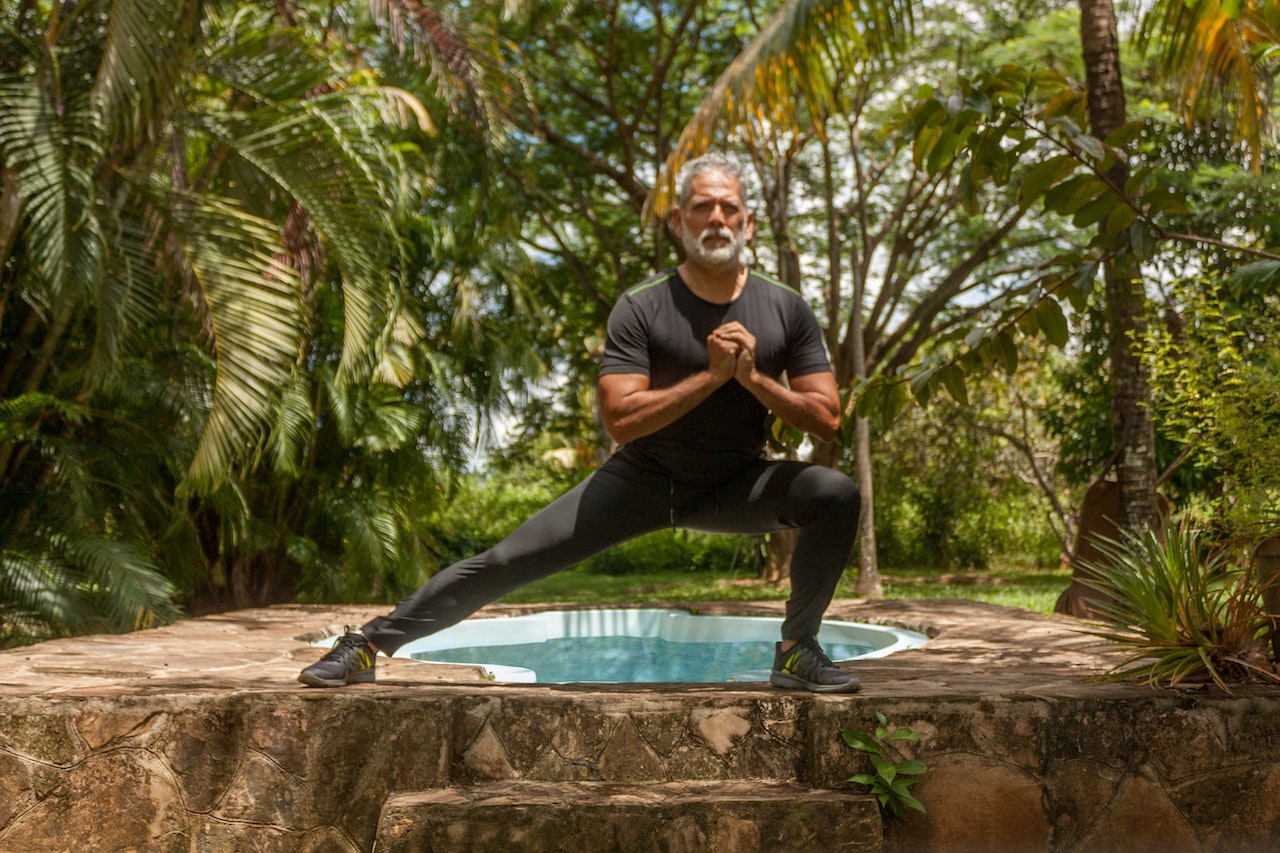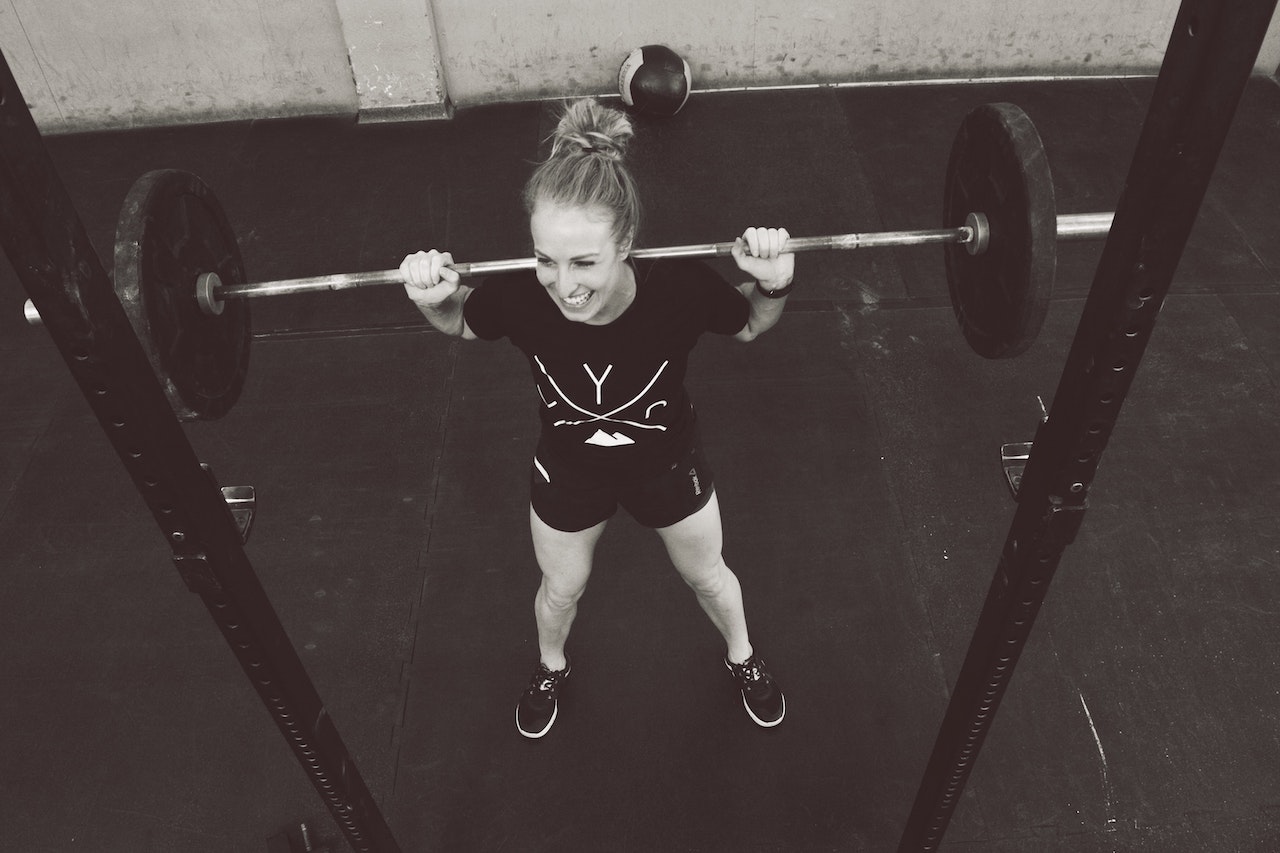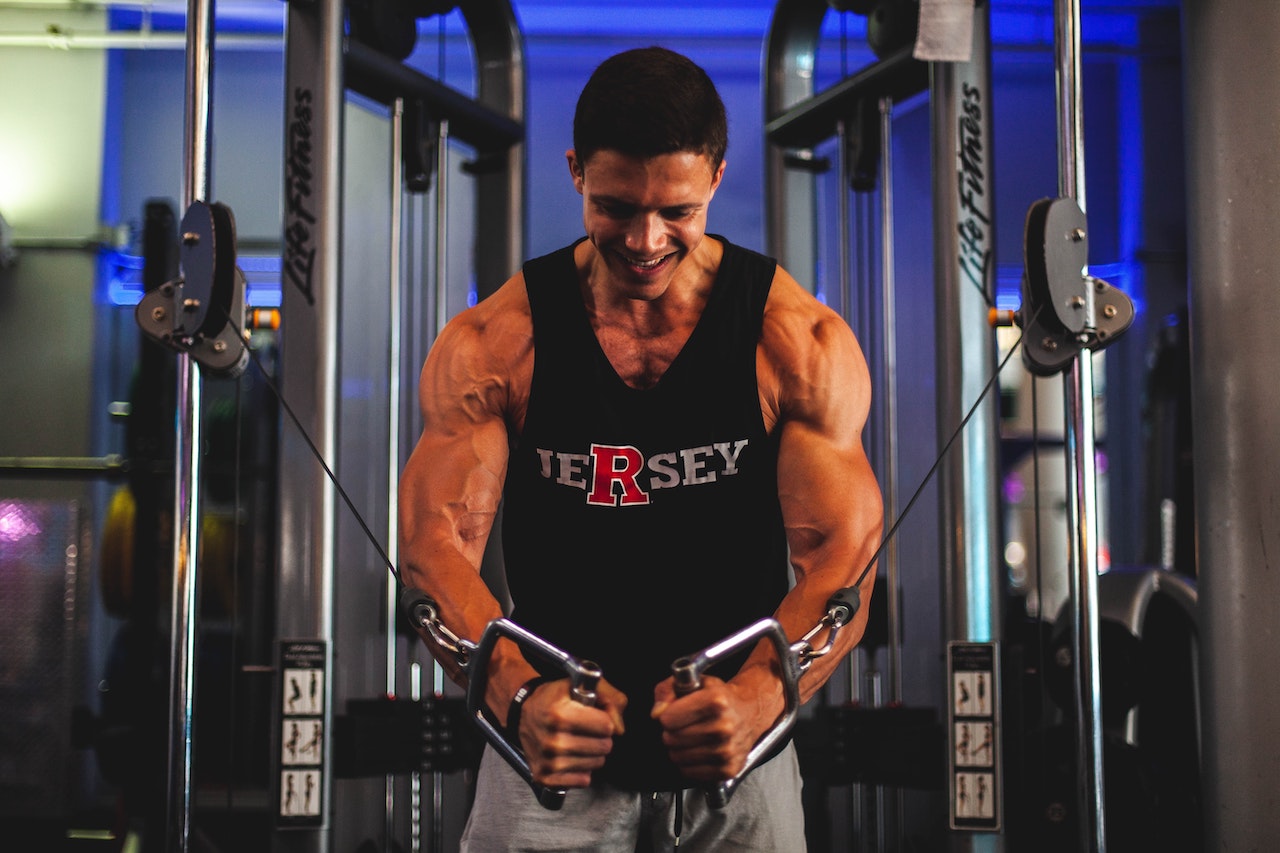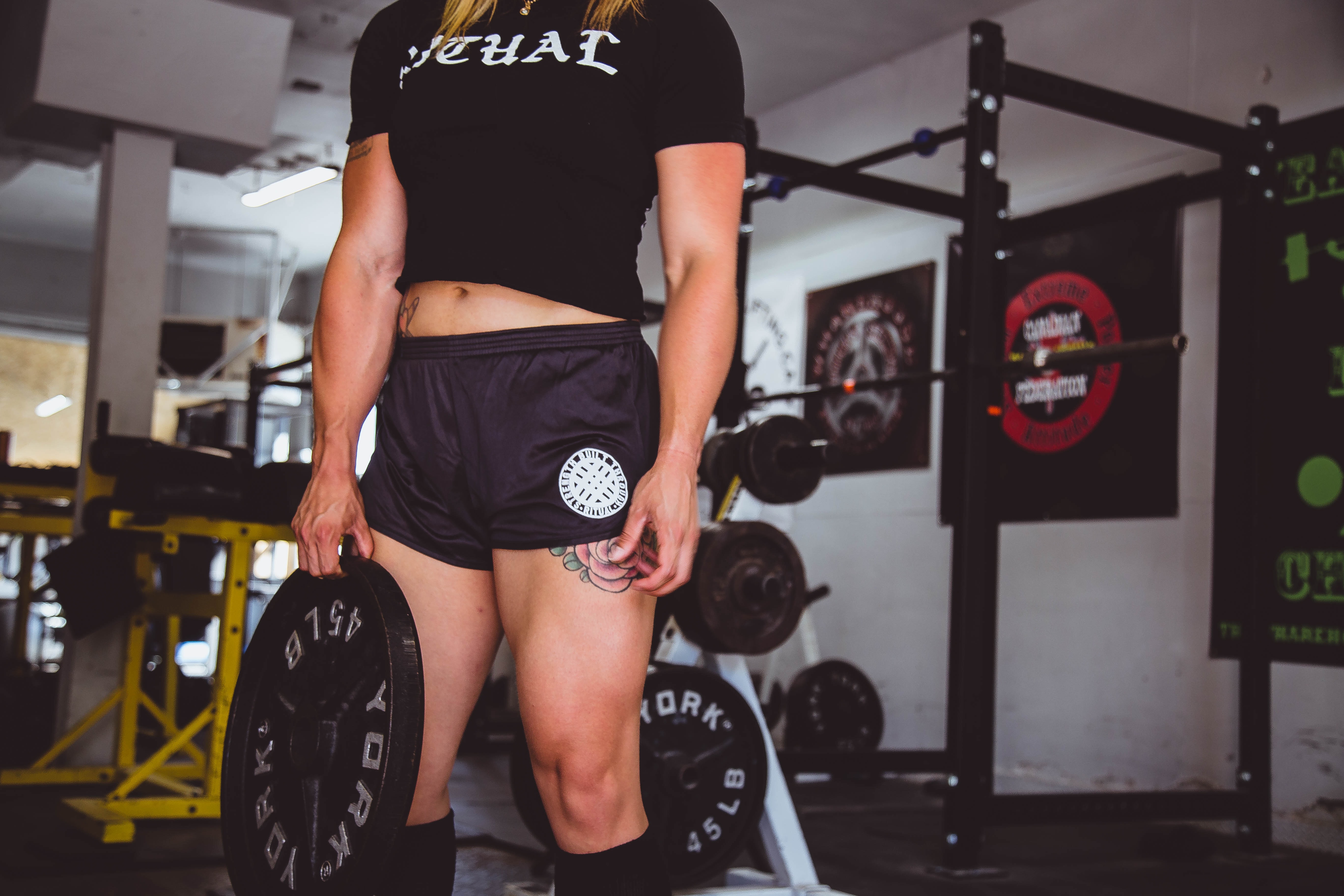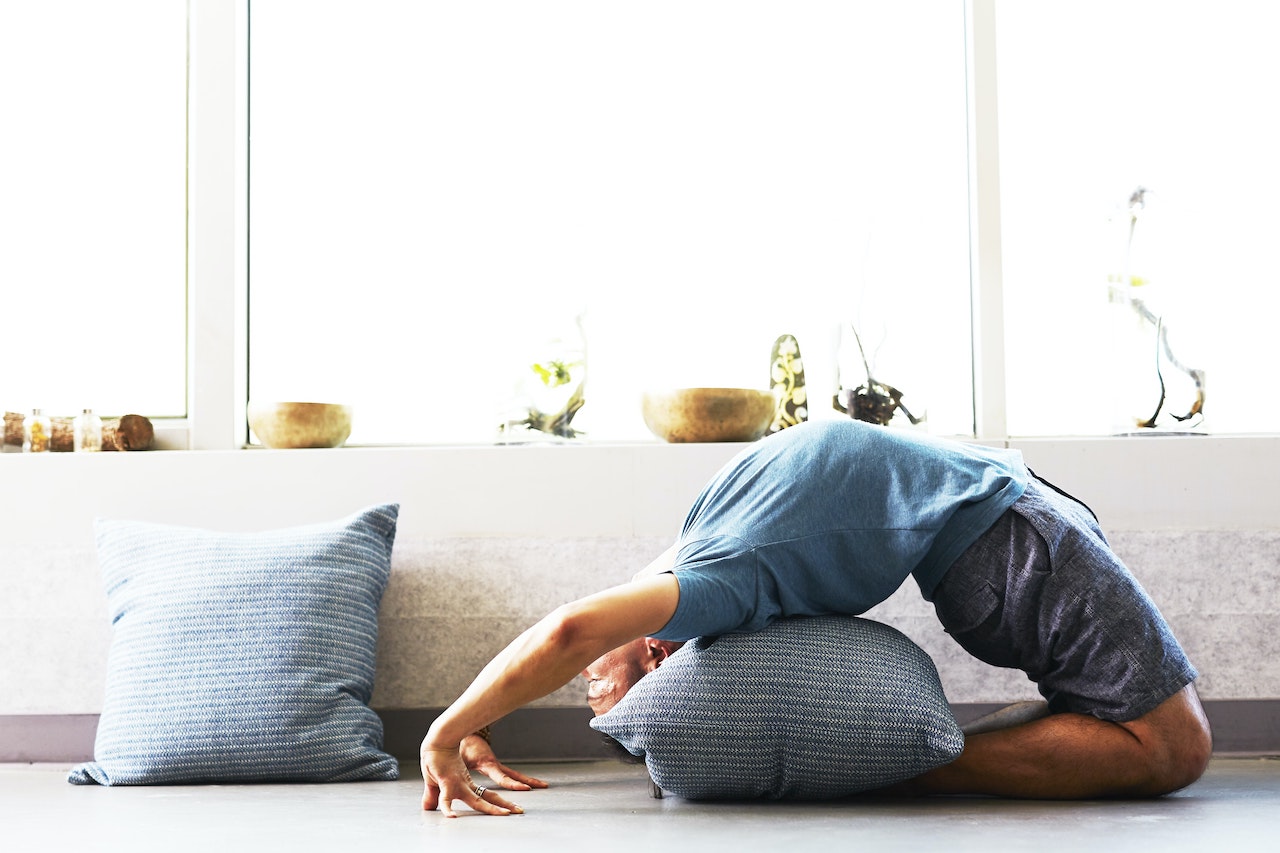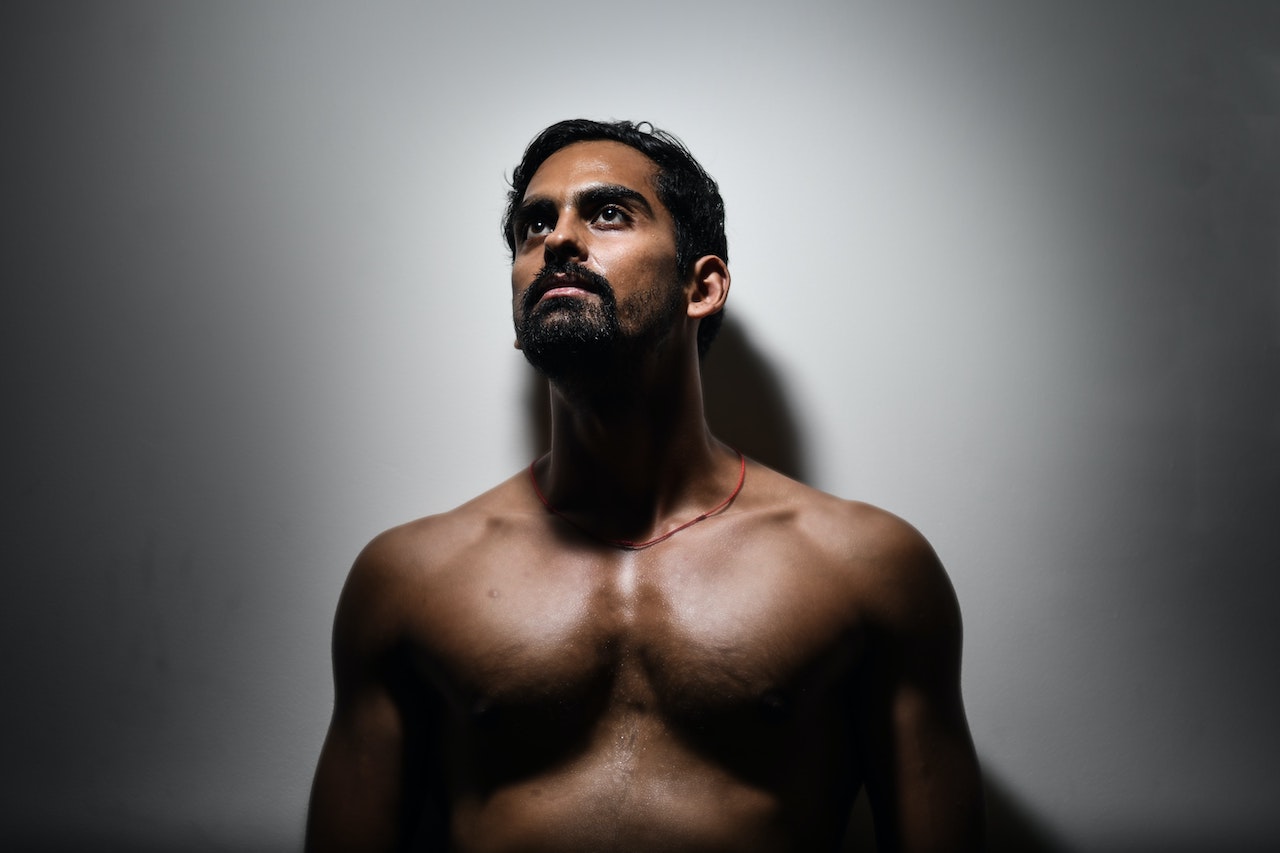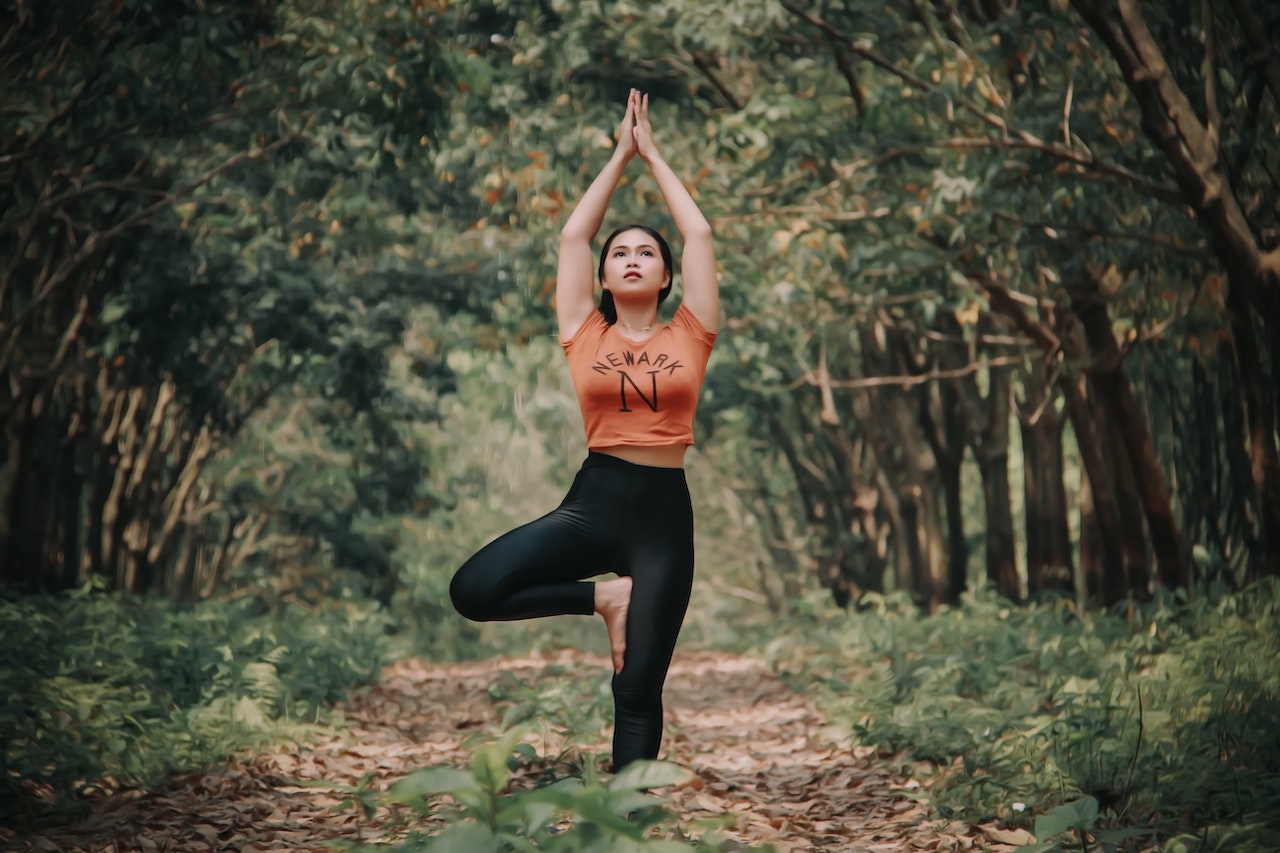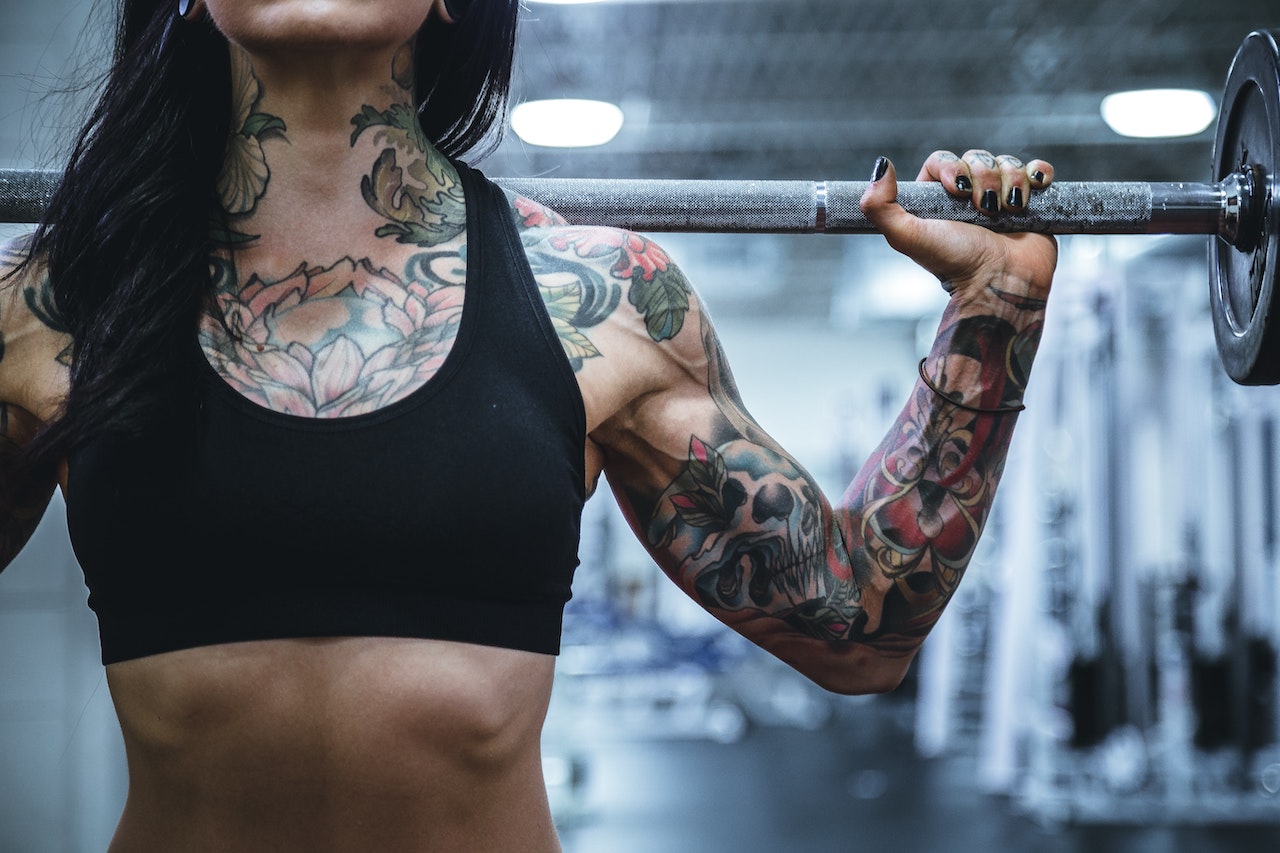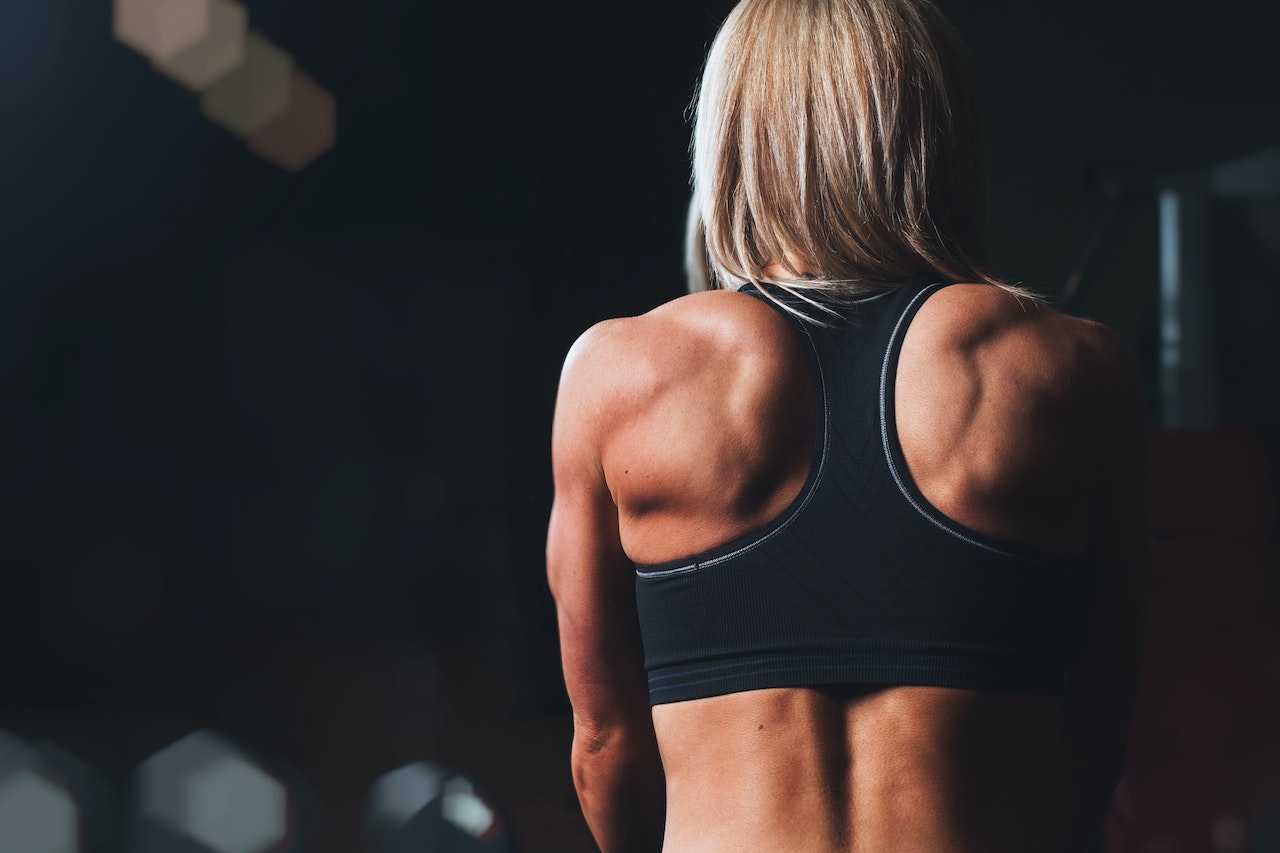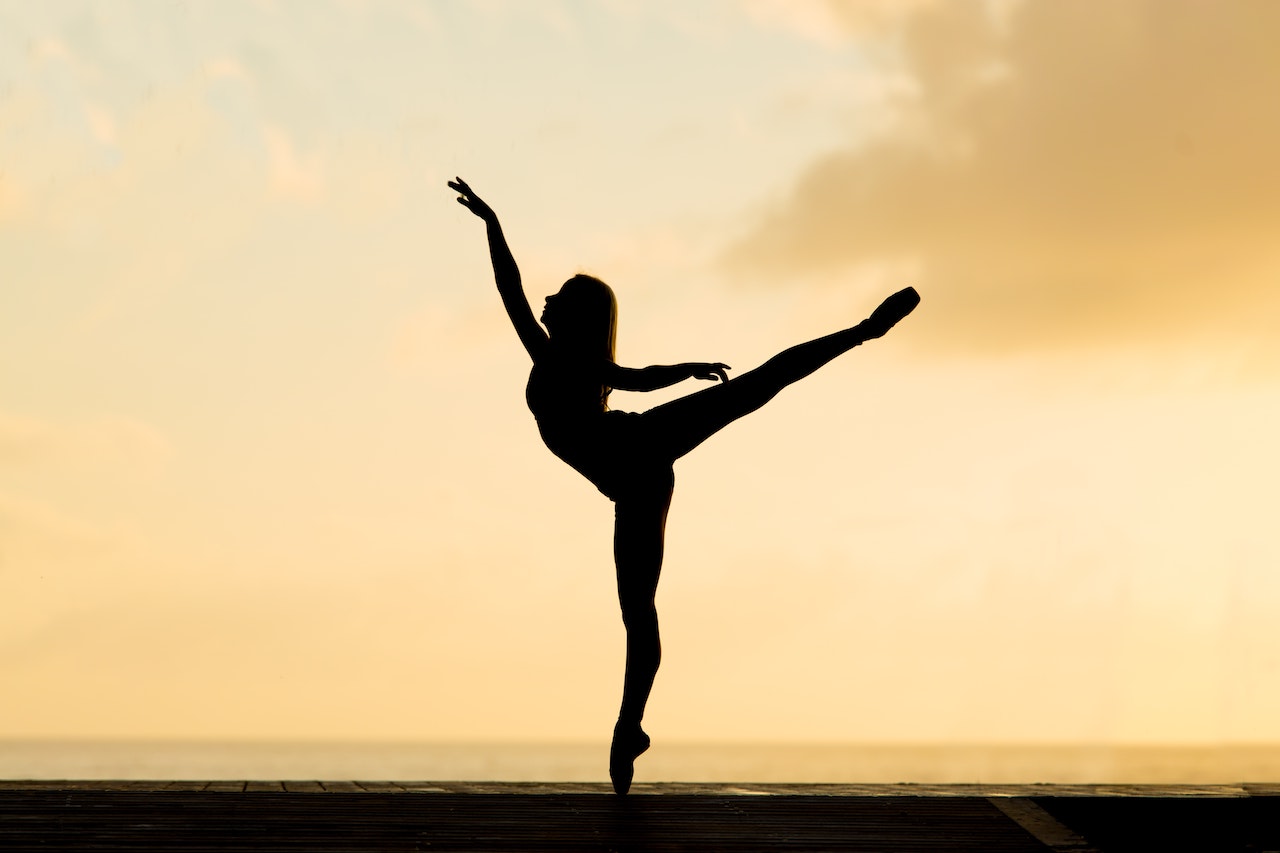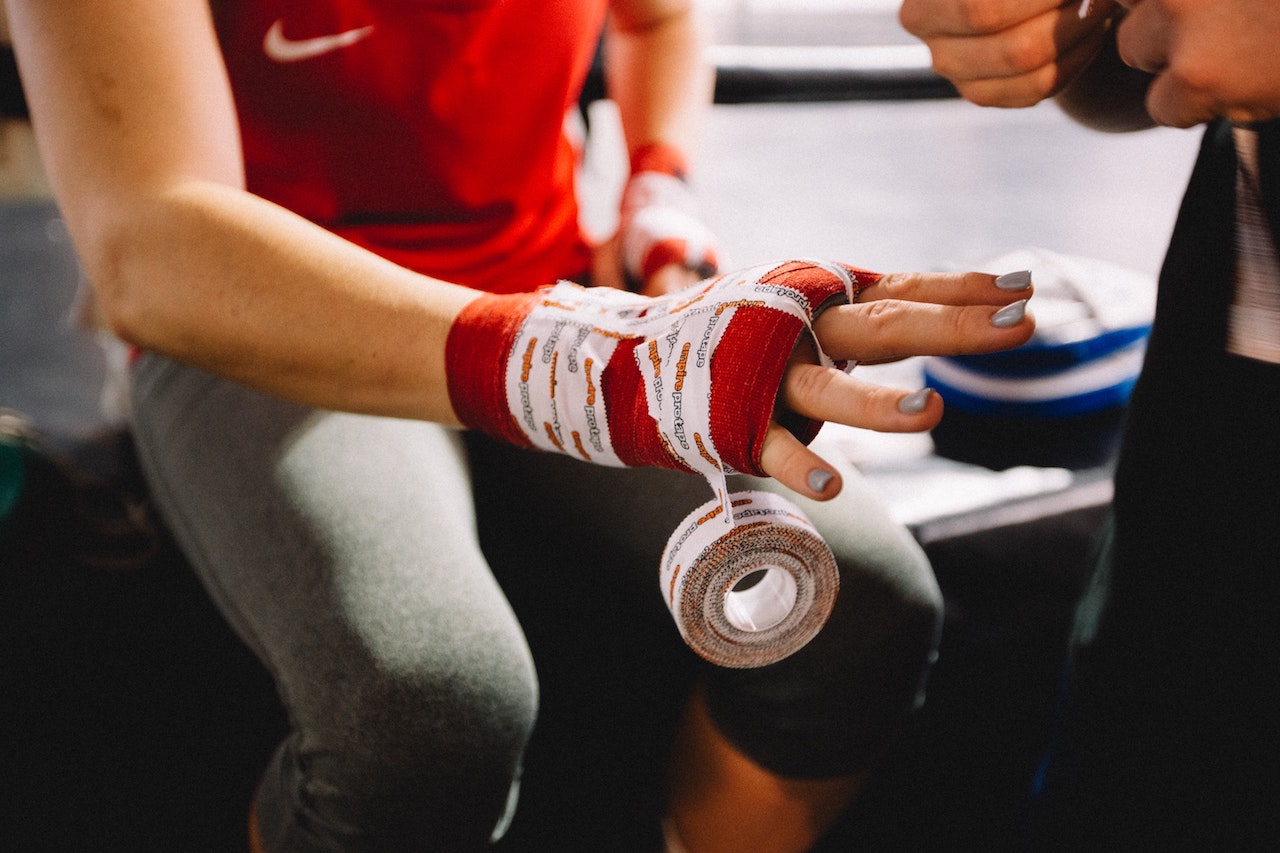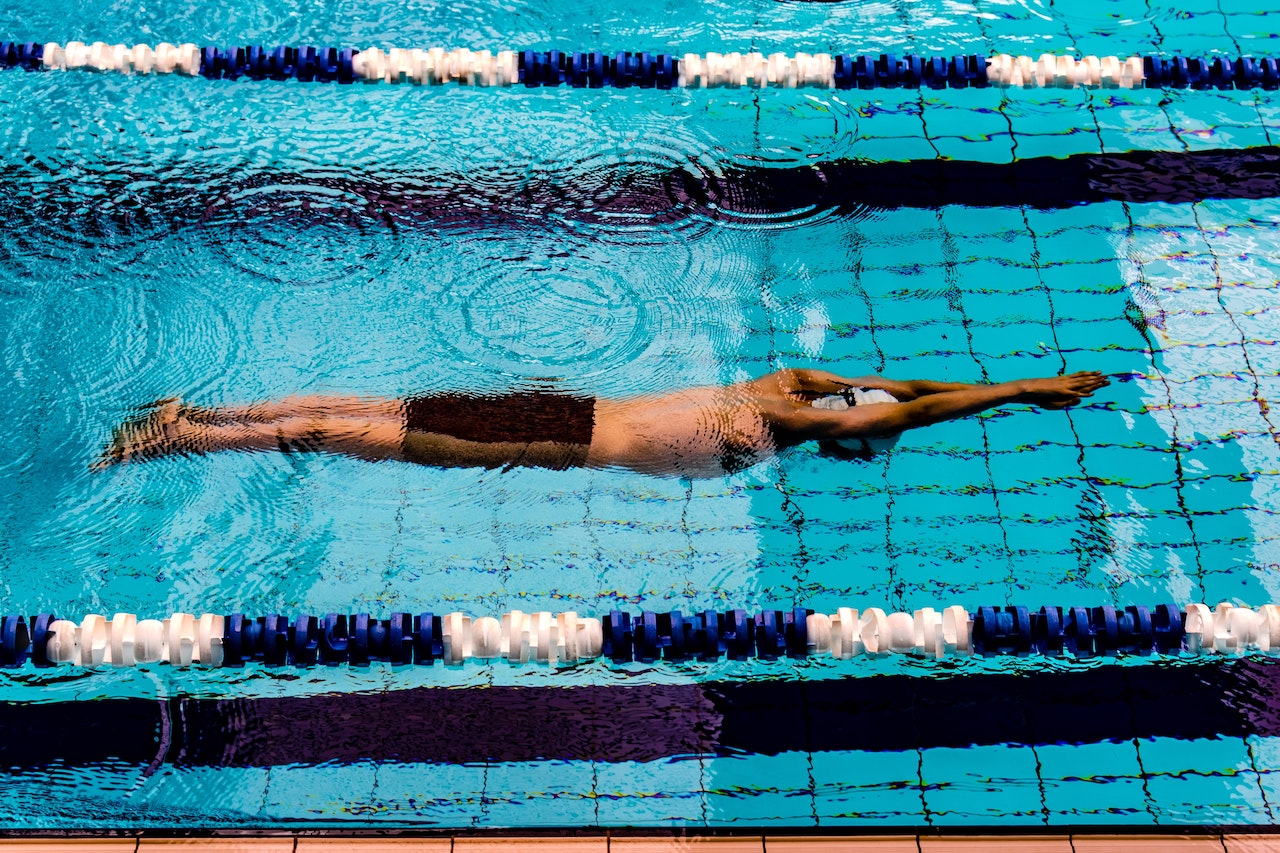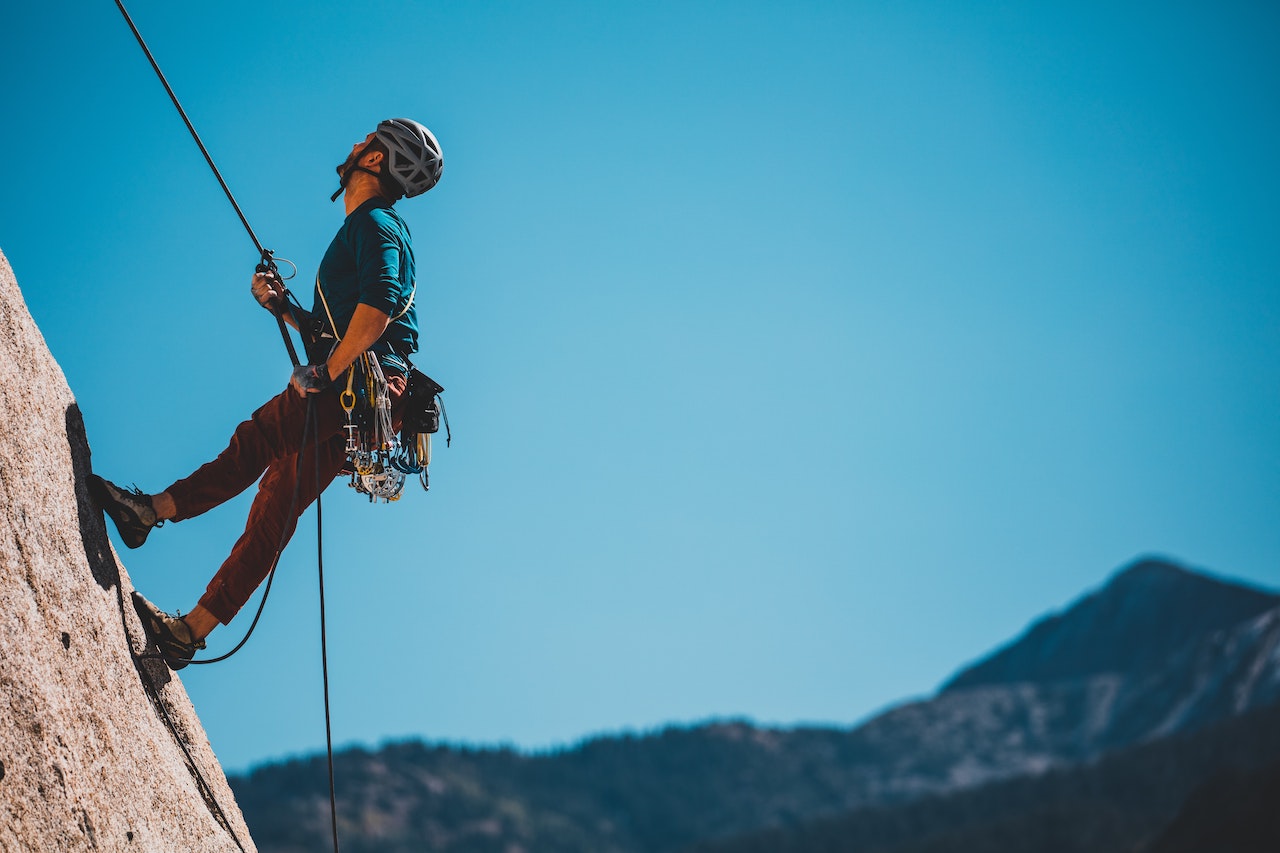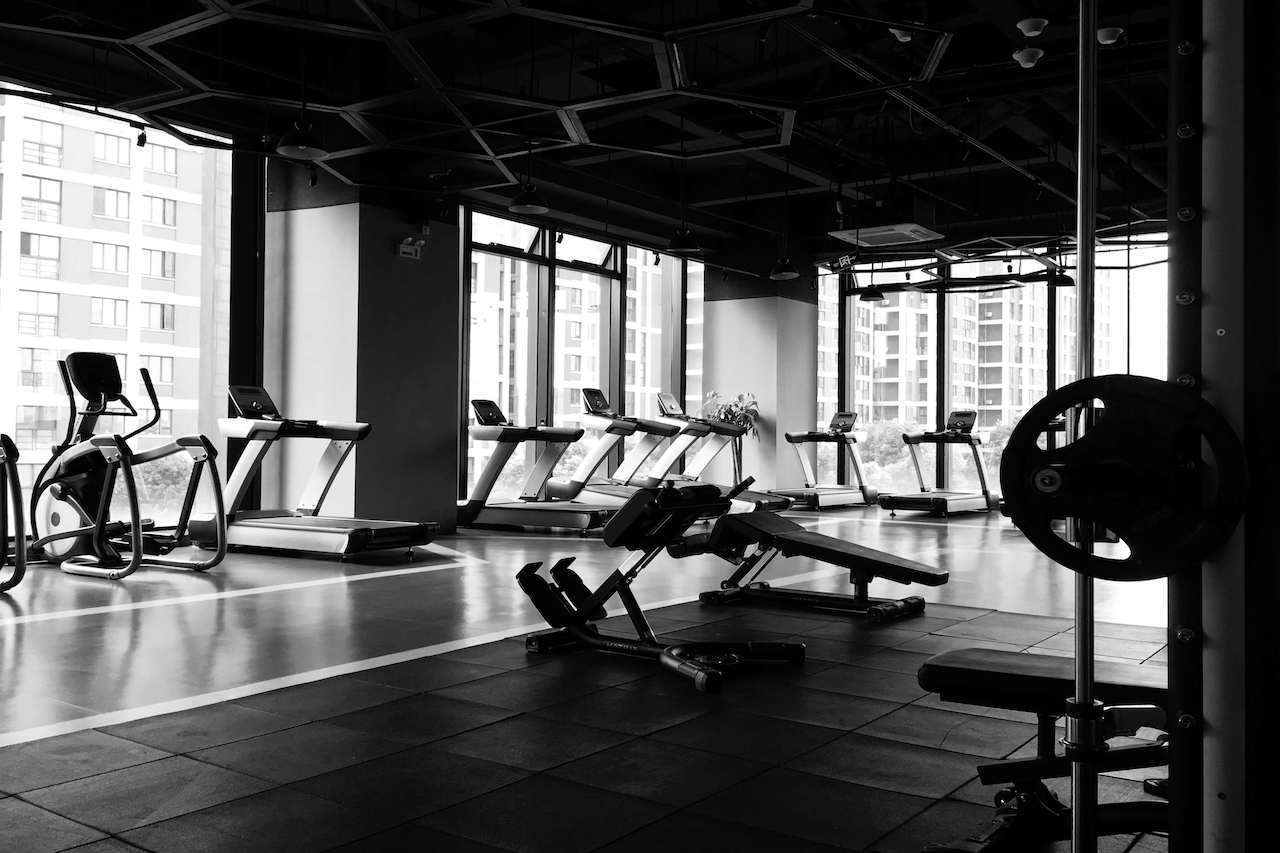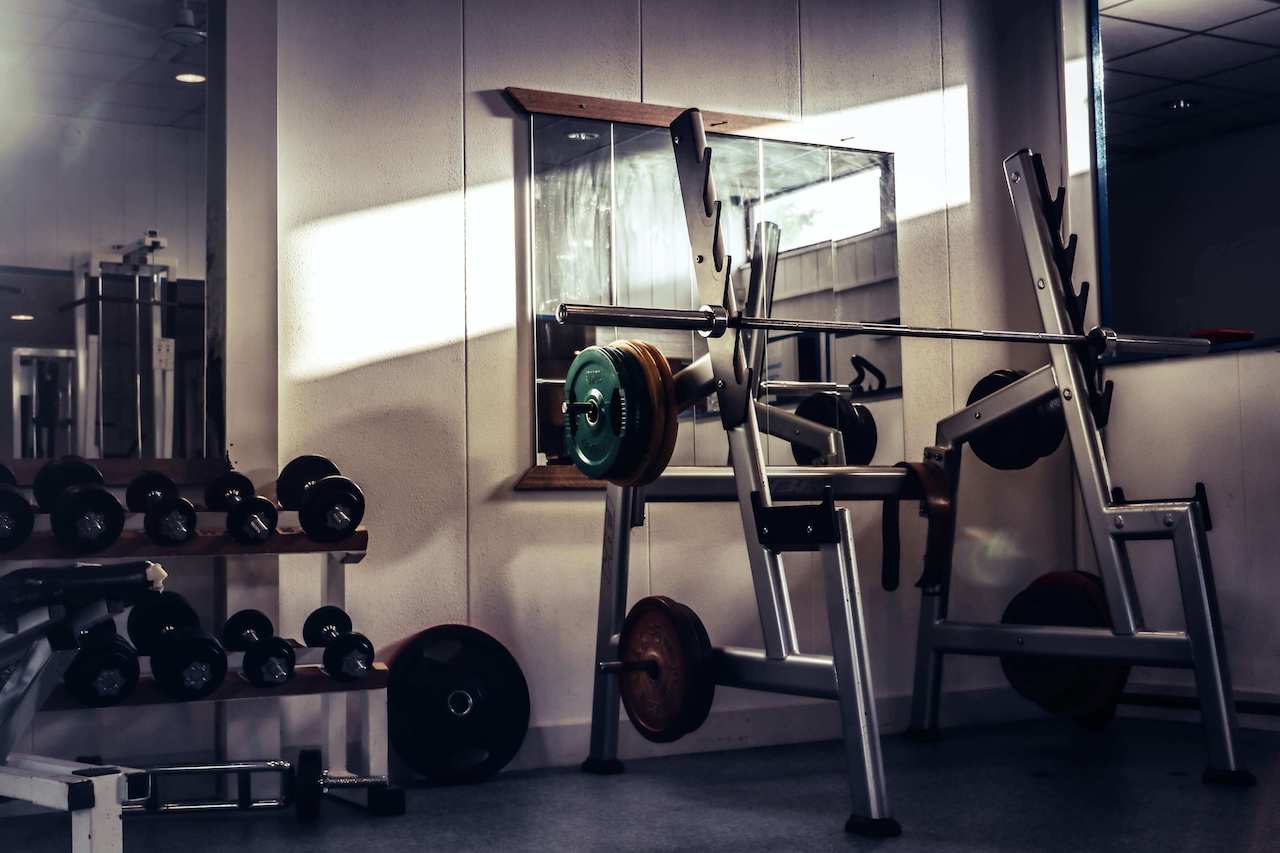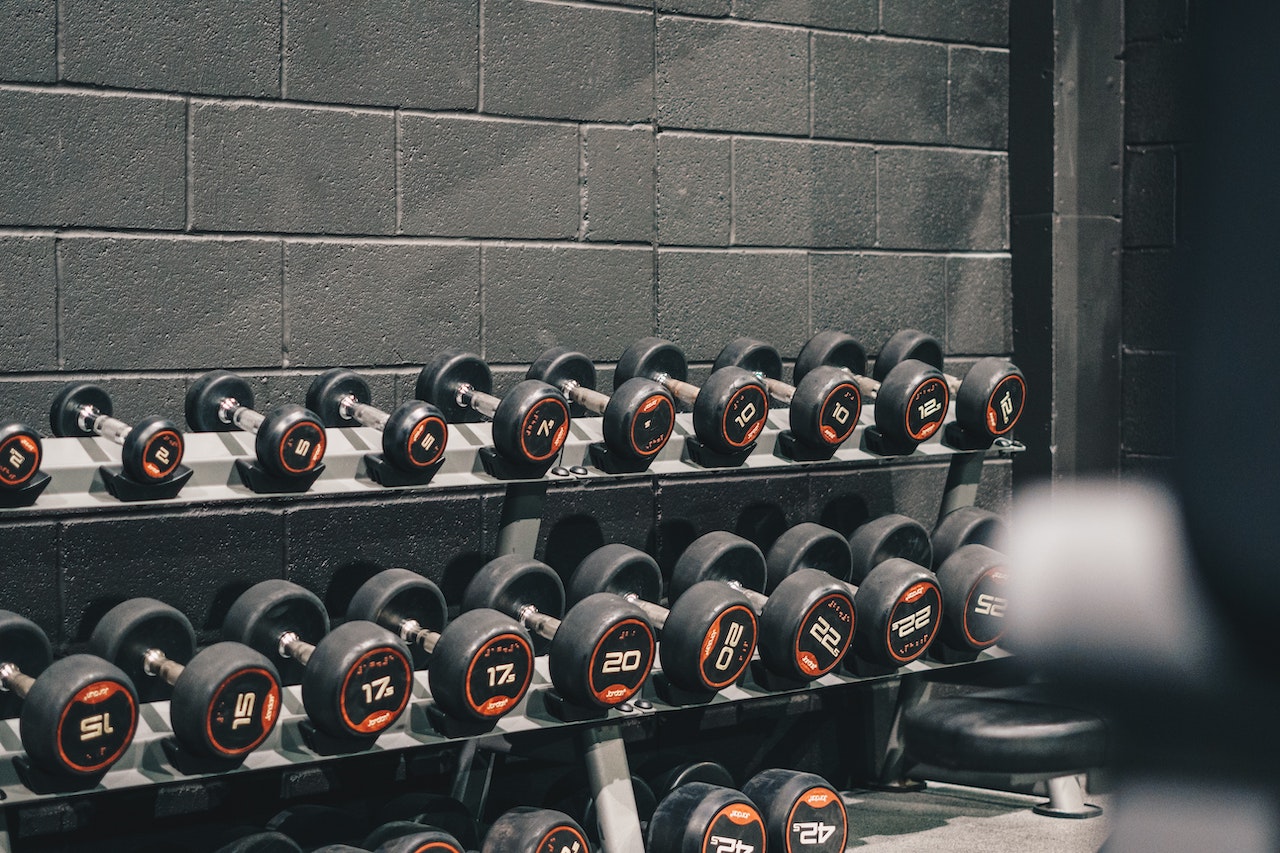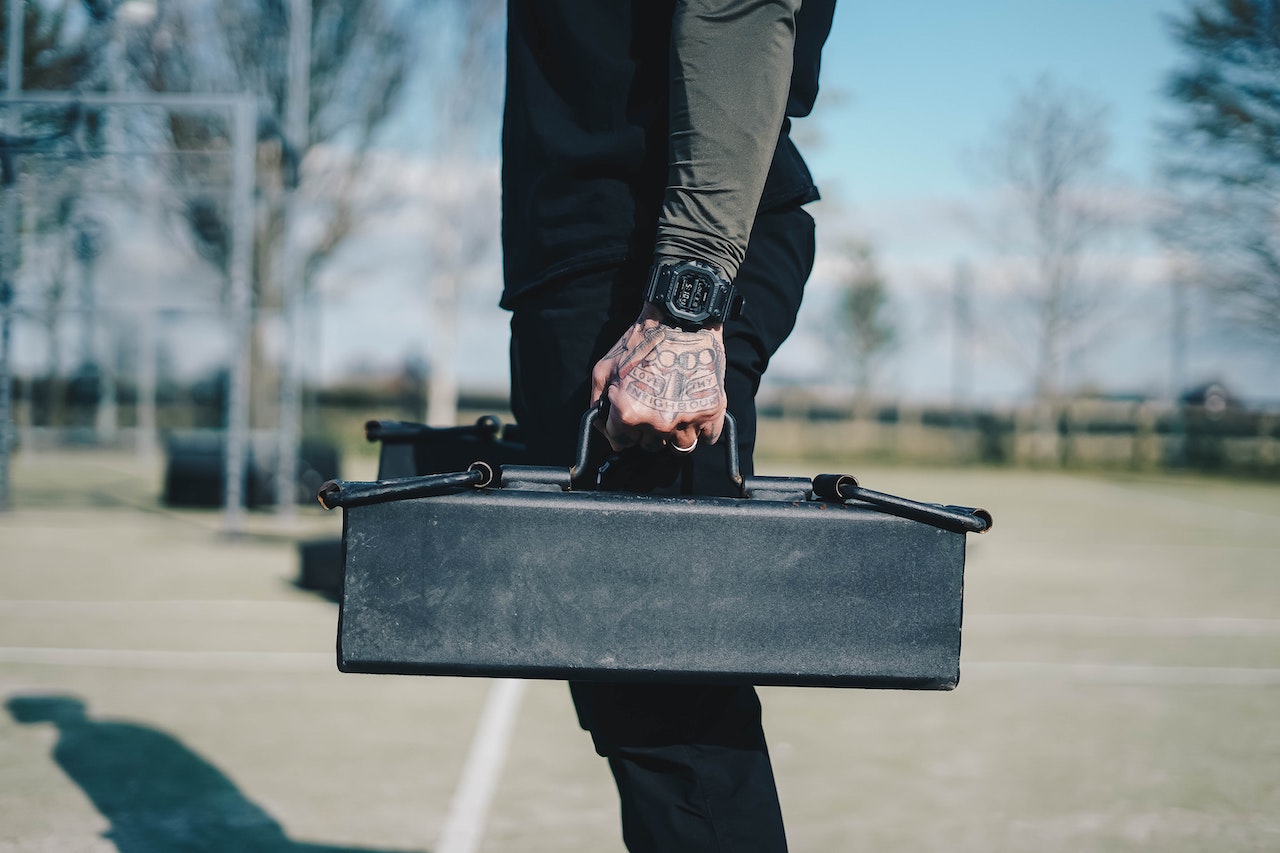A full, thick pectoralis is one of the best parts of your body for a gym goer. There's also the fact that when you wear a top, it's really great to go and feel that feeling of being bursting with pecs. Suffice it to say, not only will your chest make you more manly and stronger, but it will also make you masculine and attractive.
In fact, there are thousands of actions about training the pectoralis major muscle, there are most of the boys have done the push-ups to powerlifting three major items in the bench press, the action is too much, which has a great difficulty difficulty, there are different stimulation parts (upper chest, middle chest, lower chest), some suitable for newcomers, some veterans practice better.

I have seen some guys in the gym how the pectoral muscles, but training chest movements are fancy, so the result is only half the effort, the effect is not good not to say also easy to get injured. I saw a guy doing the bench press, i think he felt very bullish, did not use a full grip, the result is that the barbell slipped down and hit the chest, at that time felt not very big just a little pain, later heard his friends say is a slight bone fracture (sternum), when i saw him again is already six months later, also confirmed that he was really smashed to the bone fracture. That's why it's important to pay attention to safety first and foremost when we are training our chest.
In order to train the pectoralis major, you have to understand the order of chest training and firstly the structure of the pectoralis major.
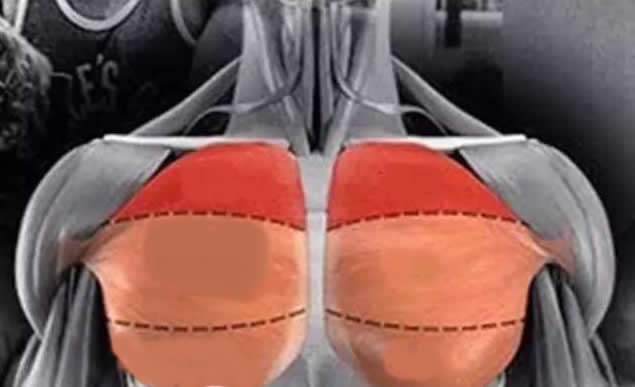
There are many muscle groups in the chest, and the chest of our fitness training mainly refers to three parts: Upper chest, middle chest and lower chest.
1, the order of chest training is recommended to start from the upper chest
The location of the upper chest is as shown above in the clavicular area of the pectoralis major. Generally speaking, the upper chest is the weakest part of our pectoralis major muscle, because the chance of using it in daily life is relatively low. By using our best form to work on our weakest upper chest, we can effectively work on it.
The movements to work on the upper chest are, from easy to difficult: Seated chest press (just turn your seat down and push upwards in an oblique position) -> smith upper incline push (basically a fixed one) -> rope push (a semi-fixed one) - --> barbell upper incline push-up --> dumbbell upper incline push-up. There is also an unassisted push-up that is practised by putting the feet up on a pad (the higher the pad the more upper chest is trained).
It is recommended that newbies start with the easiest and get the basics right before moving on to the next level. The optimal number of muscle building sets and numbers, generally 3 to 5 sets of each action, 8 to 12rm per set, with 1 minute rest between sets is appropriate.
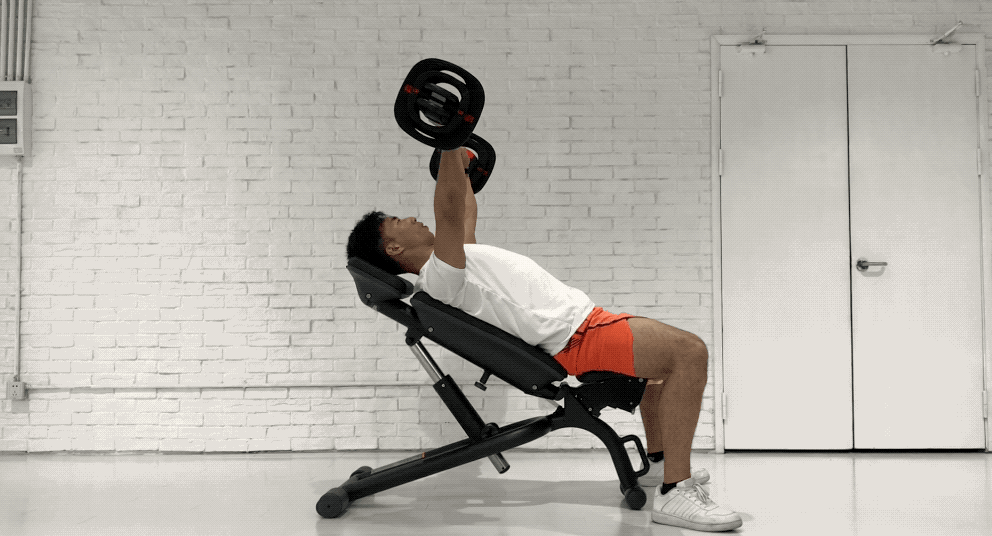
2, the second is the middle chest
This is the part that we use the most, and is also the largest part of the pectoralis major muscle, for which the training is mainly to increase the thickness of the whole chest, so that your whole chest becomes bigger on it.
The movements to train the mid-chest are (all in the neutral or lying position), seated chest press --> smith press --> rope chest press --> barbell press --> dumbbell bench press. The most commonly used exercise here is the flat barbell press in the powerlifting triad, but it is recommended that newbies start with fixed equipment. If you have to do the flat barbell press, make sure you have a workout buddy to assist you or a trainer.
The number of sets, reps and rest between sets are the same as for the upper chest.
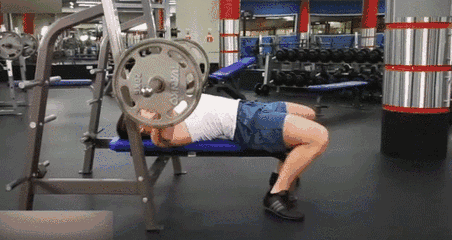
3. Lastly, we will work on our lower chest
It is not that the lower chest is not important, it is just as important. In fact, many trainers neglect the lower chest, which can lead to your chest not looking very full.
The training movements for the lower chest are generally downward sloping, such as the smith downward sloping bench press -> the barbell downward sloping bench press -> the dumbbell downward sloping bench press, etc. There are also the double bar arm curls in the seven golden movements, to keep the pectoralis major vertical to the ground, which reduces the triceps the muscles are overly involved in the training and can allow more involvement of the lower chest.
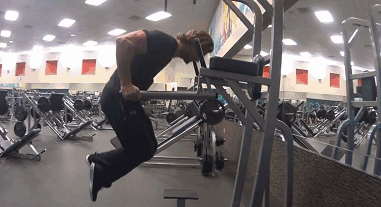
The order in which the pectoralis major is practiced is certainly important, but it is more important to stick to it under the premise of safety. There is time to practice the pectoralis major 2 times a week, and if there is little time, you should at least heart rate the pectoralis major once. The pectoralis major is also the most effective part of the training, generally about 3 months to have a good change.
